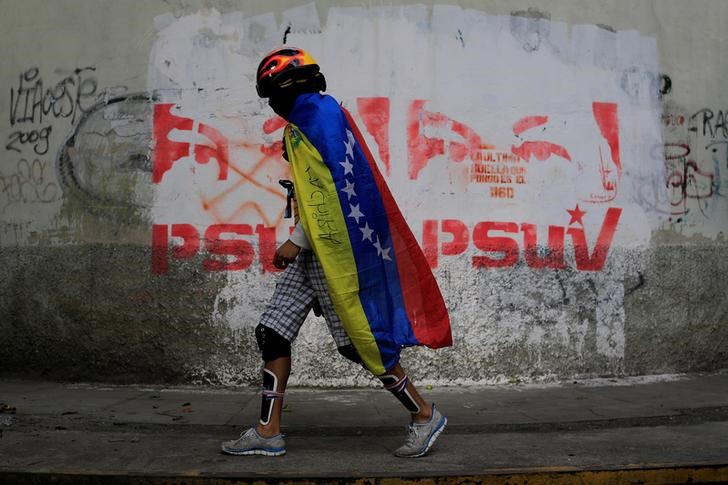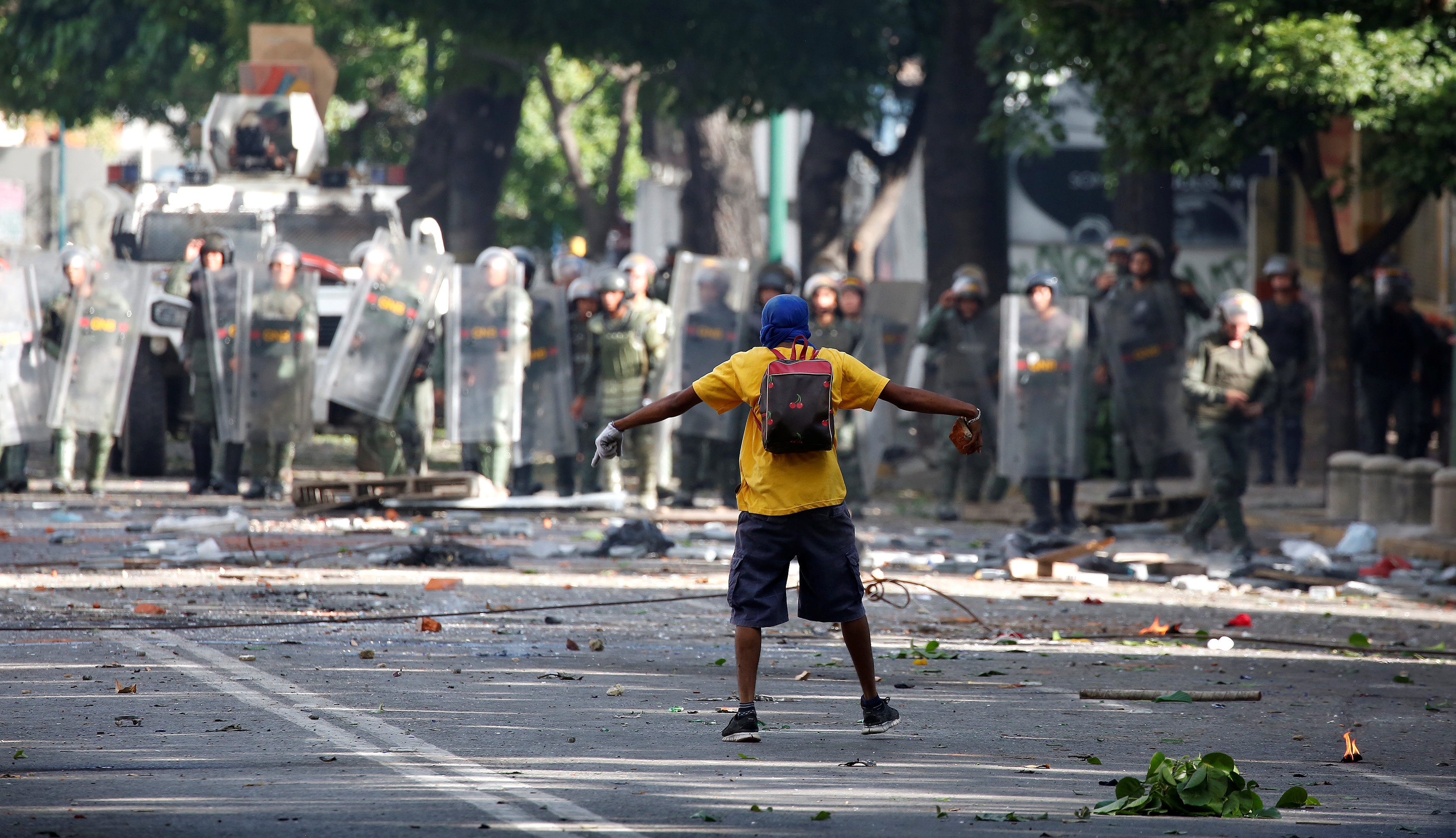
By Humphrey Malalo and Duncan Miriri
NAIROBI (Reuters) – Kenya’s opposition leader Raila Odinga said on Wednesday the election commission’s computer system was hacked and fake results posted to show President Uhuru Kenyatta with a strong lead in a case of massive fraud.
The election commission said Tuesday’s vote was free and fair and it was investigating whether or not its computer systems and vote-tallying database had been compromised.
Odinga’s comments raised concerns of unrest over the results in Kenya, East Africa’s leading economy and a regional hub. Around 1,200 people died in violence after a disputed election in 2007.
Speaking at a news conference, Odinga urged his supporters to remain calm, but added: “I don’t control the people”. His deputy Kalonzo Musyoka also called for calm but said the opposition might call for “action” at a later date. He gave no details.
Shortly after Odinga spoke, police fired teargas to scatter a group of around 100 supporters in the western city of Kisumu, an opposition stronghold. The unarmed men had been chanting “No Raila, no peace”.
As of 1100 GMT, the election commission website put Kenyatta in front with 54.3 percent of votes counted to 45 percent for Odinga – a margin of nearly 1.4 million ballots with more than 95 percent of polling stations reported.
Odinga published his own party’s assessment of the count on Twitter, saying he had 8.1 million votes against 7.2 million for Kenyatta.
The main local election monitoring group said its parallel vote tally was incomplete so it could not comment on the differing figures. Foreign observer missions declined to comment.
Kenyatta, a 55-year-old businessman seeking a second five-year term, had held a steady lead of around 10 percent since the start of counting after the peaceful vote, the culmination of a hard-fought contest between the heads of Kenya’s two political dynasties.
Odinga, 72, a former political prisoner and self-described leftist, described the reported hack as an attack on Kenya’s democracy and published 50 pages of computer logs on his Facebook page to support his claims.
POLLING STATIONS
Despite its multimillion dollar electronic voting system, the crucial evidence on voting comes from the paper forms signed at each of the country’s 41,000 polling stations.
Results in each polling station are recorded on a form – known as 34A – that observers from each party must sign. These should then be scanned, sent to the election board and posted on a website.
The measure is designed to ensure the elections cannot be rigged and parties can cross-check results.
On Wednesday morning, the commission said it had received 28,000 forms so far and was working to make all forms public. Neither the commission nor Odinga supplied forms to back up their numbers.
The Kenya Human Rights Commission, a well-known non-governmental organization, said it had discovered some discrepancies between provisional results on the election commission website and the paper forms.
It cited five examples, including a polling station in western Nandi county where the electoral board’s website recorded 439 rejected votes but the paper form only showed four.
Odinga ran in Kenya’s last two elections and lost, blaming vote rigging following irregularities at both polls.
In 2007, tallying was stopped and the incumbent president declared the winner, triggering an outcry from Odinga’s camp. The ethnic and political violence that followed killed 1,200 people and displaced 600,000.
International Criminal Court cases against Kenyatta and his now-deputy, William Ruto, for helping direct that violence, collapsed as witnesses died or disappeared.
In 2013, Odinga took his concerns to court. This time, he invoked the unsolved torture and murder of a top election official days before the vote to justify his fears of rigging.
“We fear this was exactly the reason Chris Msando was assassinated, so this could happen,” he said.
Hackers may have used Msando’s identity to access the electronic tallying system, Odinga said. The election commission said its password access system was secure.
Kenya’s shilling firmed and bond prices rose on early results, but analysts said gains could be fragile.
“Kenyatta’s provisional win will soothe those investors who feared a leftist shift in economic policy,” said Hasnain Malik, global head of equities research at Exotix Capital.
“The most important issues are ahead of us: Does Odinga concede peacefully? His initial rhetoric suggests there is a risk he does not.”
Kenya’s B+ credit rating and stable outlook won’t be affected by its election as long as there is no repeat of the 2007 violence, the S&P Global agency said.
(Additional reporting by Maggie Fick in Kisumu and Katharine Houreld, George Obultusa, John Ndiso and Rajiv Golla in Nairobi and Marc Jones in London; Writing by Katharine Houreld and Ed Cropley; Editing by Matthew Mpoke Bigg)










